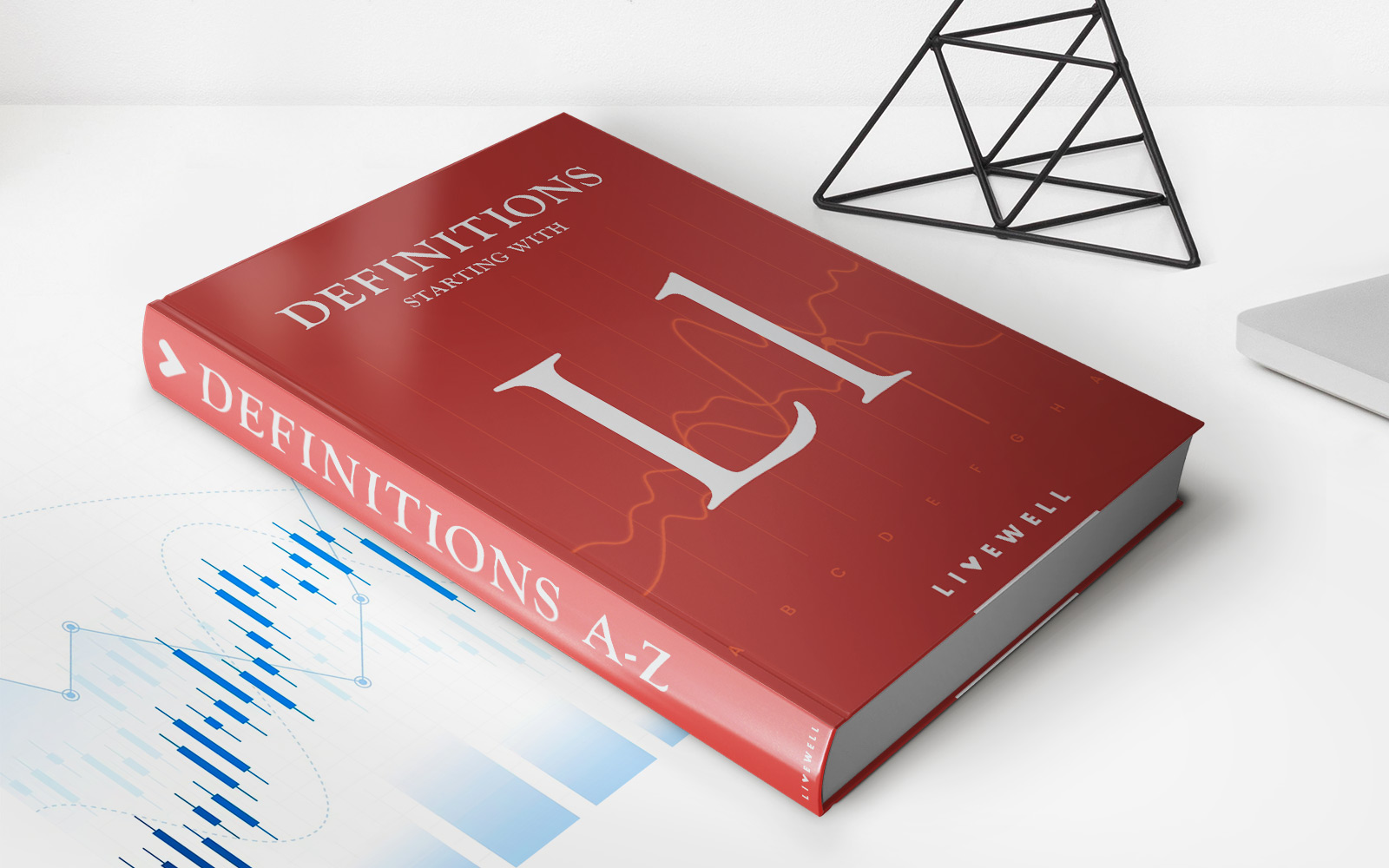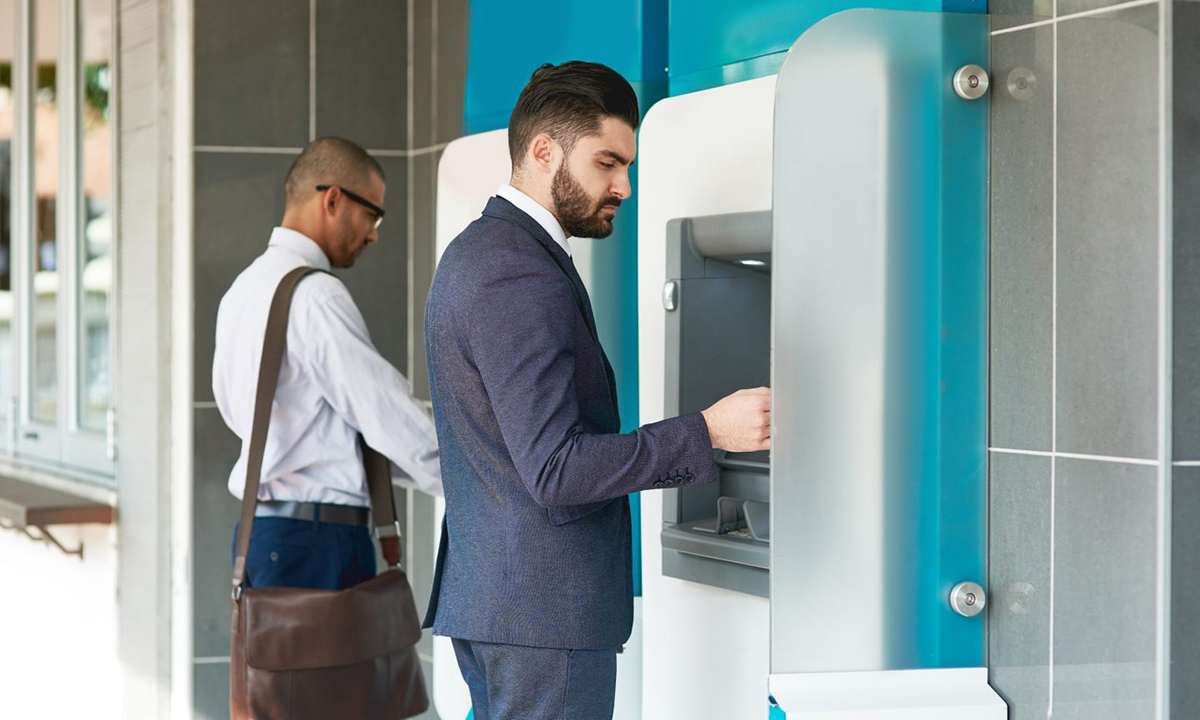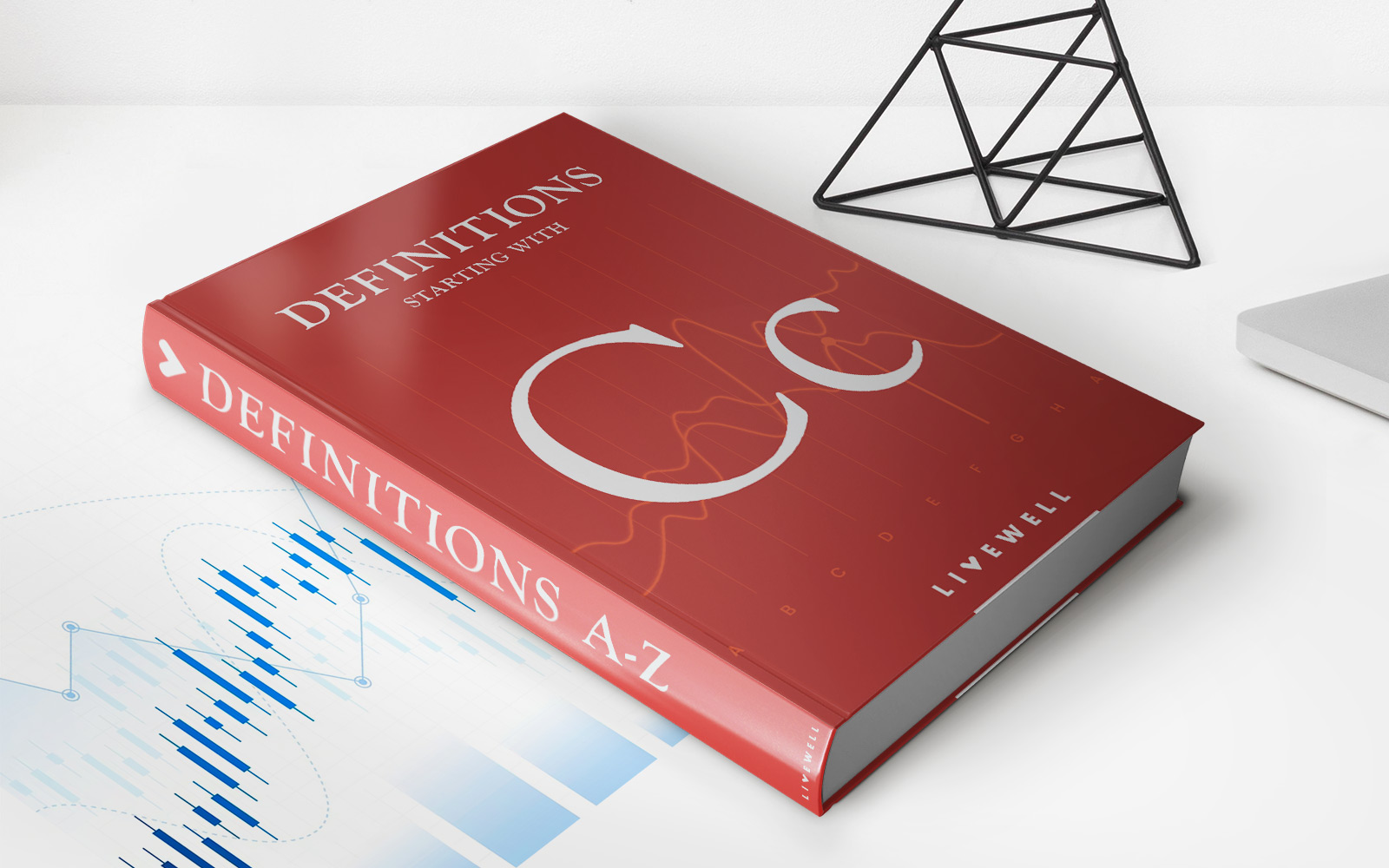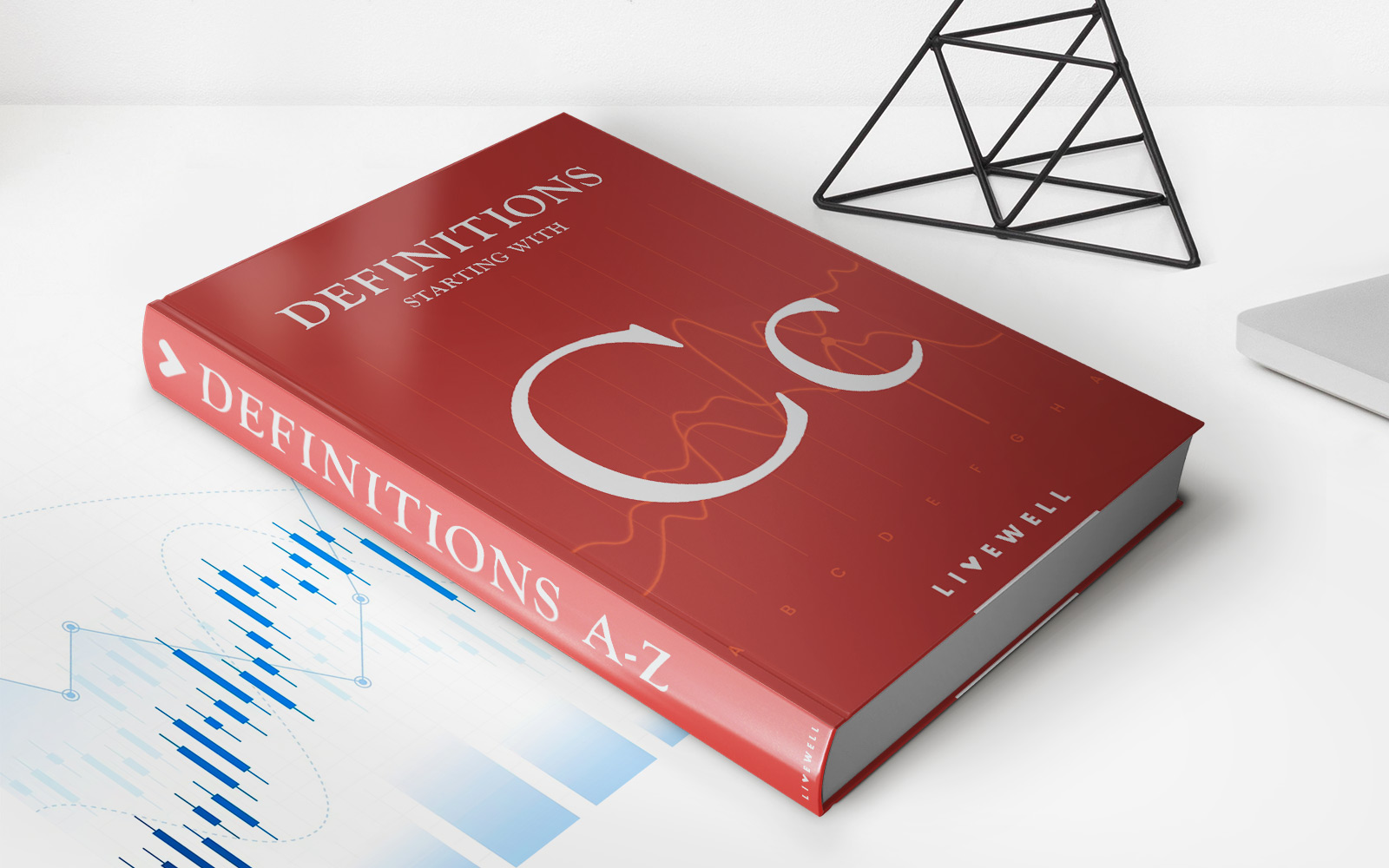

Finance
What Age Can I Get A Credit Card
Modified: December 30, 2023
Discover the ideal age to get a credit card and manage your finances responsibly. Learn how to establish credit and make smart financial decisions.
(Many of the links in this article redirect to a specific reviewed product. Your purchase of these products through affiliate links helps to generate commission for LiveWell, at no extra cost. Learn more)
Table of Contents
Introduction
When it comes to getting a credit card, one of the most common questions is what age should someone be to apply for one. The decision to get a credit card is an important financial milestone, and the timing can vary for each individual. While some people might argue that it’s never too early to start building credit, others may believe that waiting until a certain age can be more advantageous. In this article, we will explore the pros and cons of getting a credit card at a young age, factors to consider when determining the right age to get a credit card, the benefits of waiting until a certain age, and provide tips for young adults considering a credit card.
Getting a credit card at a young age can have its advantages. It can be a great opportunity to learn about money management, develop responsible financial habits, and start building a credit history. By establishing a credit history early on, individuals have more time to build a positive credit score, which can be beneficial when applying for loans, mortgages, and even future credit cards. Additionally, having a credit card can provide a sense of financial independence and convenience, allowing young adults to make purchases and handle emergency expenses in a convenient and secure manner.
However, there are also drawbacks to getting a credit card at a young age. Without proper understanding and self-discipline, it can be easy for young individuals to fall into the trap of overspending and accumulating debt. Credit cards may also come with high interest rates and fees, which can become a burden if not managed properly.
It is important to consider various factors when determining the appropriate age to get a credit card. One key factor is maturity and responsibility. Does the individual have a solid understanding of personal finance concepts such as budgeting, interest rates, and credit utilization? Are they capable of making wise financial decisions and resisting impulsive purchases? It’s crucial to assess one’s financial literacy and readiness before taking on the responsibility of a credit card.
Pros and Cons of Getting a Credit Card at a Young Age
Getting a credit card at a young age can have both advantages and disadvantages. Let’s take a closer look at the pros and cons:
Pros:
- Building credit history: One of the biggest benefits of getting a credit card at a young age is the opportunity to start building a credit history early. Establishing good credit can open doors for future financial endeavors, such as securing lower interest rates on loans and mortgages.
- Learning financial responsibility: Managing a credit card can teach young adults valuable lessons in financial responsibility. Having to make regular payments, stay within a credit limit, and budget effectively can instill good financial habits that can last a lifetime.
- Convenience and security: Credit cards offer convenient and secure ways to make purchases, both online and offline. They eliminate the need to carry cash and provide a layer of protection against fraudulent activities with built-in fraud detection and zero-liability policies.
- Emergency funds: Having a credit card can serve as a safety net in case of unexpected expenses or emergencies. It can provide a source of funds that can be accessed quickly and easily when needed.
Cons:
- Temptation to overspend: One of the biggest drawbacks of getting a credit card at a young age is the temptation to overspend. Without proper financial discipline, it’s easy to fall into the trap of accumulating debt and struggling to make timely payments.
- High interest rates and fees: Credit cards often come with high interest rates and fees, especially for individuals with limited credit history. If not managed carefully, these costs can quickly add up and become a financial burden.
- Potential credit score damage: Mismanaging a credit card can result in a negative impact on one’s credit score. Late payments, high credit utilization, and maxing out credit limits can all harm creditworthiness and make it difficult to obtain favorable loan terms in the future.
- Identity theft and fraud risks: While credit cards provide security features, there is always a risk of identity theft and fraudulent transactions. Young individuals may be more vulnerable to scams and may need to be extra vigilant in protecting their personal and financial information.
Ultimately, whether the pros outweigh the cons or vice versa depends on the individual’s level of financial responsibility and understanding of credit card usage. It’s important to weigh these factors carefully before deciding to get a credit card at a young age.
Factors to Consider When Determining the Right Age to Get a Credit Card
Deciding the right age to get a credit card is a personal choice that should be based on various factors. Here are some important factors to consider when determining the right age to get a credit card:
1. Financial Responsibility: Consider whether you have a strong sense of financial responsibility. Are you capable of managing your finances effectively, including making timely payments, budgeting, and controlling your spending? It’s crucial to have a solid understanding of personal finance before taking on the responsibility of a credit card. 2. Income: Having a stable income is an essential factor to consider. A regular source of income ensures that you will be able to make timely credit card payments and avoid accumulating debt. As a general guideline, it’s recommended to have a reliable source of income before applying for a credit card. 3. Credit Knowledge: Evaluate your knowledge of credit and its implications. Understanding concepts like credit utilization, interest rates, and credit scores is crucial in order to make informed decisions and avoid pitfalls. Take the time to educate yourself about credit before diving into the world of credit cards. 4. Legal Age: Ensure you have reached the legal age to apply for a credit card. In most countries, the minimum age is typically 18, although it may vary depending on your jurisdiction. It’s important to adhere to legal requirements before pursuing a credit card application. 5. Parental Guidance: If you are considering getting a credit card at a young age, it’s wise to involve your parents or guardians in the decision-making process. They can offer guidance, help you understand the responsibilities associated with credit cards, and provide valuable insights based on their own experiences. 6. Purpose and Need: Evaluate why you want a credit card and whether there is a genuine need for it. Are you looking to build credit history, make convenient purchases, or have a safety net for emergencies? Understanding your purpose for getting a credit card will help you make a more informed decision.
Remember, the right age to get a credit card may vary for each individual. It’s essential to assess these factors carefully and ensure you are financially and emotionally prepared to handle the responsibilities that come with owning a credit card.
Benefits of Waiting Until a Certain Age to Get a Credit Card
While getting a credit card at a young age can have its advantages, there are also benefits to waiting until a certain age before applying for one. Here are some benefits of waiting until a certain age to get a credit card:
1. Financial Maturity: By waiting until a certain age, you may have a better understanding of financial management and be more financially mature. This can help you make wiser decisions when it comes to utilizing credit cards and managing debt effectively. 2. Established Credit History: Waiting until a certain age allows you to build a solid credit history through other means, such as student loans, auto loans, or authorized user status on a family member’s credit card. Having an established credit history can increase your chances of being approved for credit cards with better terms and lower interest rates. 3. Improved Credit Score: A higher credit score can be achieved by waiting until a certain age to get a credit card. By demonstrating responsible financial behavior over time, such as making timely payments and keeping credit utilization low, you can build a strong credit profile that translates into a higher credit score. 4. Enhanced Financial Planning: Waiting until a certain age provides an opportunity to develop better financial planning skills. By carefully considering the need for a credit card and creating a solid budget, you can use a credit card as a tool for financial management rather than relying on it as a crutch for additional purchasing power. 5. Reduced Risk of Debt: Waiting until a certain age can help mitigate the risk of falling into debt. With more life experience and a higher level of financial responsibility, you may be better equipped to resist the temptation of overspending and be more diligent in paying off balances in full every month. 6. Understanding the Consequences: As you mature, waiting until a certain age allows you to fully understand the consequences of mismanaging credit. You may have witnessed the financial struggles of others or learned from your own past mistakes, which can serve as valuable lessons when it comes to handling credit responsibly.
While it can be beneficial to wait until a certain age to get a credit card, it’s important to note that every individual’s financial situation is unique. It’s crucial to assess your own financial readiness and determine the best course of action that aligns with your long-term financial goals.
Tips for Young Adults Considering a Credit Card
For young adults considering a credit card, it’s important to approach this financial tool with caution and responsibility. Here are some essential tips to keep in mind:
1. Educate Yourself: Take the time to educate yourself about credit cards, including interest rates, fees, and the importance of making timely payments. Understand how credit utilization and credit scores work to maximize the benefits of having a credit card. 2. Start with a Secured Credit Card or Student Credit Card: If you’re new to credit, consider starting with a secured credit card or a student credit card. These types of cards are designed for individuals with limited credit history and often offer lower credit limits. They can help you build credit while minimizing the risk of overspending. 3. Set a Budget: Establish a budget and stick to it. Determine how much you can afford to spend each month and avoid going over your budget. This can help you avoid accumulating debt and falling into the trap of excessive credit card usage. 4. Pay Your Balance in Full: Aim to pay your credit card balance in full each month to avoid interest charges. If you cannot pay the full amount, make sure to pay more than the minimum payment to avoid high interest charges that can accumulate over time. 5. Monitor Your Account: Regularly monitor your credit card account for any suspicious activity or unauthorized charges. Report any discrepancies immediately to your credit card issuer to protect yourself from fraud or identity theft. 6. Limit the Number of Credit Cards: It’s tempting to apply for multiple credit cards, but it’s best to start with one or two cards initially. Having too many credit cards can make it challenging to manage your payments and can increase the risk of overspending. 7. Avoid Cash Advances: Cash advances on credit cards often come with high-interest rates and additional fees. It’s best to avoid cash advances unless it’s an absolute emergency. Consider alternative options, such as personal loans, if you need access to cash. 8. Be Mindful of Credit Utilization: Keep your credit utilization ratio low. This ratio represents the amount of credit you’re using compared to your credit limit. Aim to use no more than 30% of your available credit to maintain a healthy credit utilization ratio. 9. Use Credit for Responsible Purchases: Make thoughtful and responsible purchases with your credit card. Use it for necessary expenses and avoid unnecessary splurges or impulsive purchases. Remember that every purchase adds up and needs to be paid off. 10. Focus on Building Credit: Use your credit card as a tool to build a positive credit history by making timely payments and keeping your credit utilization low. A strong credit history will benefit you in the future when applying for loans, mortgages, or other lines of credit.
Remember, a credit card can be a powerful financial tool when used responsibly. By following these tips, young adults can establish a solid foundation for their financial future while avoiding common pitfalls associated with credit card usage.
Conclusion
Deciding on the right age to get a credit card is an individual choice that depends on various factors such as financial maturity, income stability, and personal responsibility. While getting a credit card at a young age can have its advantages, such as building credit history and learning financial management skills, there are also potential pitfalls, including overspending and accumulating debt.
It is important to carefully evaluate the pros and cons of getting a credit card at a young age. Consider factors such as financial responsibility, credit knowledge, income stability, and legal age requirements. Waiting until a certain age can offer benefits such as financial maturity, an established credit history, and improved credit scores.
For young adults considering a credit card, it’s crucial to approach it with caution and responsibility. Educate yourself about credit card terms, set a budget, pay your balance in full, and monitor your account for any fraudulent activity. Limit the number of credit cards you have, be mindful of credit utilization, and make responsible purchases.
By following these tips, young adults can effectively manage their credit card usage, build a positive credit history, and lay the foundation for a healthy financial future.
Remember, the key to successfully utilizing a credit card lies in responsible financial behavior and prudent decision-making. Whether you choose to get a credit card at a young age or wait until later in life, always prioritize sound financial habits and use credit as a tool to enhance your financial well-being.














